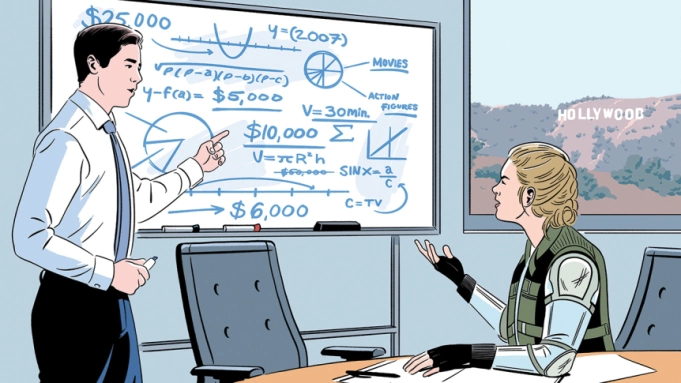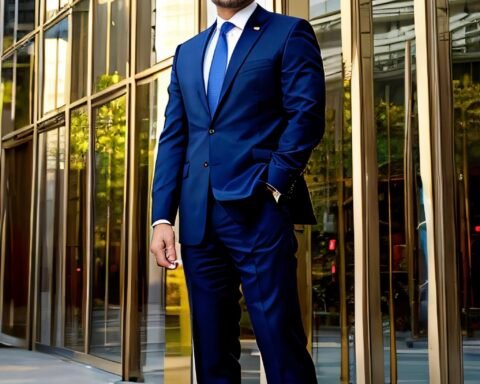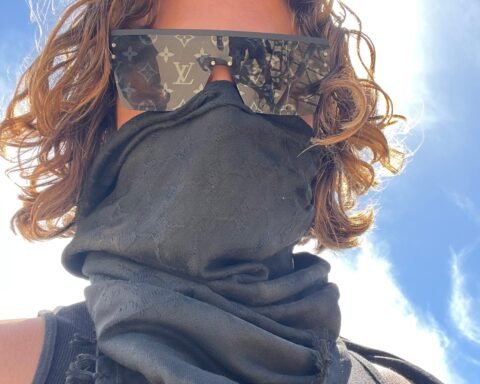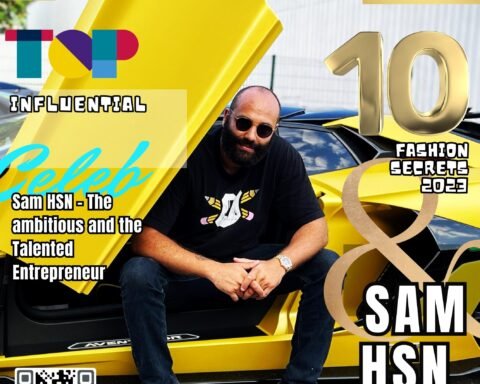The Marvel Cinematic Universe’s writers and artists claim the firm has a complicated remuneration structure that underpays them.
Hollywood was taken aback when Scarlett Johansson filed a lawsuit in July 2021 alleging Disney of breach of contract for transferring Black Widow to Disney+ on the same day, claiming that this action reduced the film’s box office (and the star’s residual payments). Two other Black Widow stakeholders were subtly pursuing their claims for what they felt they were due while that legal dispute continued throughout the summer. Yelena Belova, the fictional character portrayed by Florence Pugh, had a protracted dispute with Marvel about money for her role in the movie.
Due to documentation they signed stating the amount they would earn for films, TV series, video games, and action figures starring Yelena, writers Devin Grayson and J.G. Jones assumed they would receive $25,000 apiece for her presence in Black Widow. However, when Grayson and Jones, who founded Yelena in 1999, finally got payment in November, that $25,000 was decreased to just $5,000.
Grayson has been on a quest for an answer over the last year that has shed light on how Marvel pays the comic book authors and illustrators who created the characters that are the basis of the most lucrative film series in history. People who work there speak about a complex structure that makes it difficult for creators to understand how Marvel arrived at its numbers.
Grayson was aware that Marvel would control Yelena when she co-created the character. She did, however, sign a Special Character Agreement, which details a Marvel-initiated payment mechanism should Yelena appear in other media, much like many other creators before her. The 2007 contract seems to provide that Grayson would be paid $25,000 for a theatrical picture appearance, $2,000 for a television episode lasting more than 30 minutes, and $1,000 for a television episode lasting less than 30 minutes. The deal gave her the right to $5,000 for a single action figure issued in a year, $10,000 for two, or $25,000 for three or more. The maximum prize for video games would be $30,000, which would be split among all the authors of characters that appeared in the game.
Though the $25,000 is clearly stated in the documentation, there was wording that Grayson and other THR interviewees said is deceptive and gave Marvel extensive power to drastically cut payments.
The Publishers Clearing House Sweepstakes is comparable. You may win $1 million, but you won’t,” says Grayson, who signed the contract quietly since she was a woman in a male-dominated field. She is only coming out because she thinks Marvel should adhere to what it promised creators, even if she was willing to accept what it appeared to be offering her.
After receiving $5,000 of the promised $25,000 in November, Grayson discovered some of the ways Marvel reduced that amount with the aid of an attorney.
Marvel shares the first payment between the writer and the artist. Thus, based on Marvel’s calculations, Grayson could have earned a maximum of $12,500 from Black Widow, which would have been half of a $25,000 pot shared with Jones, Yelena’s co-creator. Furthermore, the firm will distribute the prize money among all authors with stake in the project if a movie includes many characters who are the subject of Special Character Agreements. She was informed that all parties involved, most likely those responsible for Melina Vostokoff and Red Guardian (played by David Harbour), would split the $25,000 set aside for Black Widow (Rachel Weisz). There is no cap on the total amount given to authors for a project, according to a Marvel source, and it may be increased if it is seen to be fair. Given this, it certainly paid authors and artists with a claim on Black Widow more than $25,000 in total.
Marvel also reduces fees by designating certain movie cameos as appearances. Apparently, if a character appears on screen for less than 15% of the time, it is deemed a cameo, and the creators will get less compensation. Sebastian Stan’s Winter Soldier, a pivotal character in Captain America: Civil War, would be regarded as a cameo by that measure; he appears for 22 minutes (about 15%) of the film’s 2 hours, 28 minutes of running time. Same goes for Captain America, who appears in Avengers: Infinity War for less than 7 minutes, 30 seconds.

















